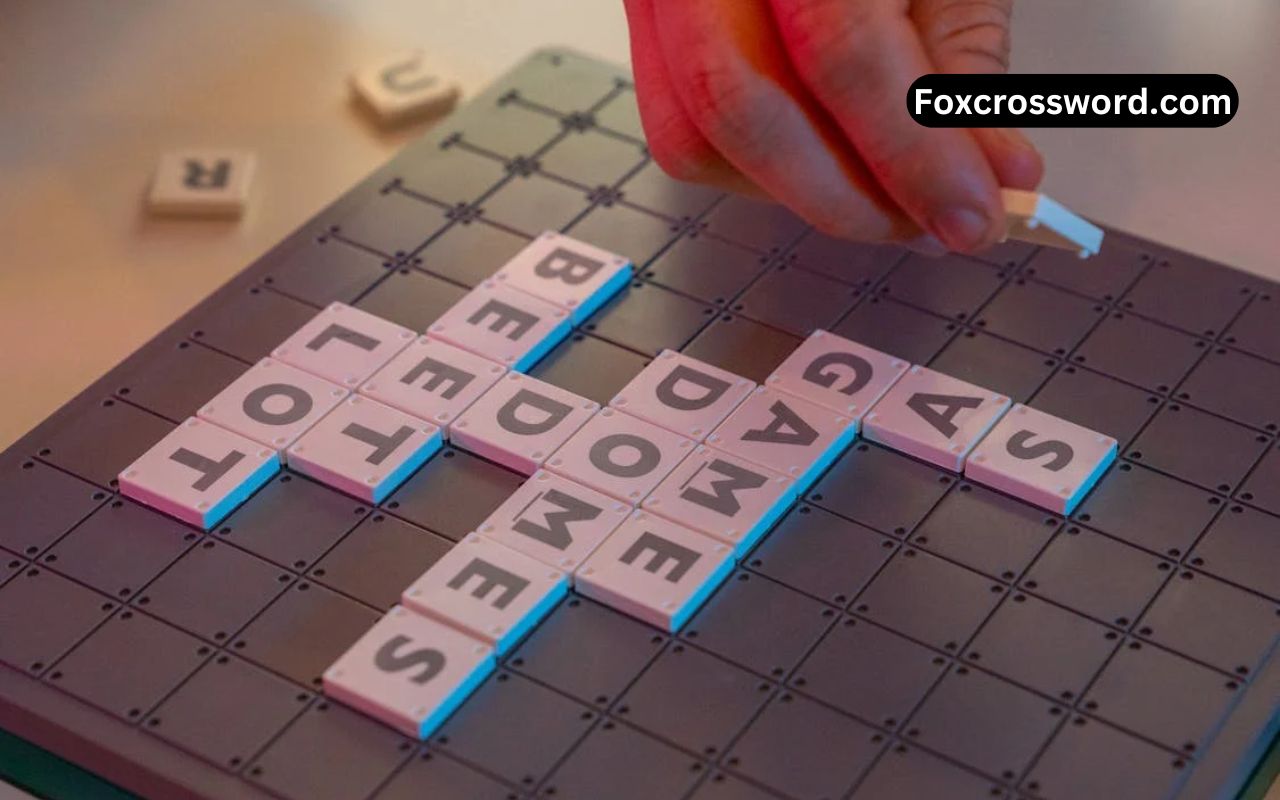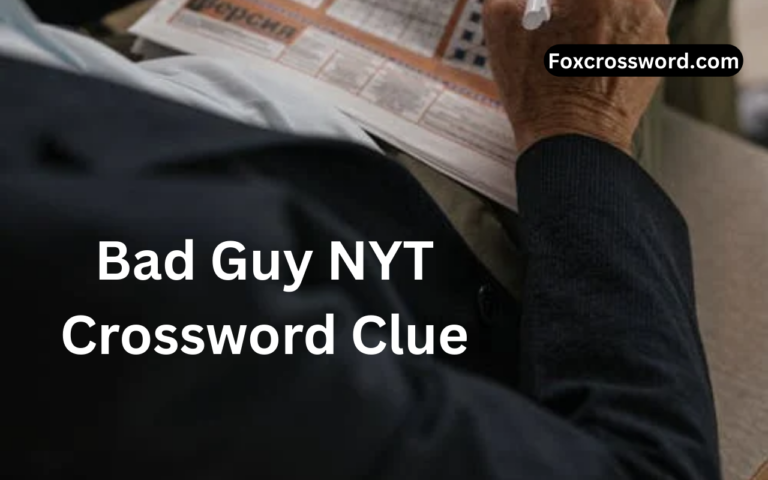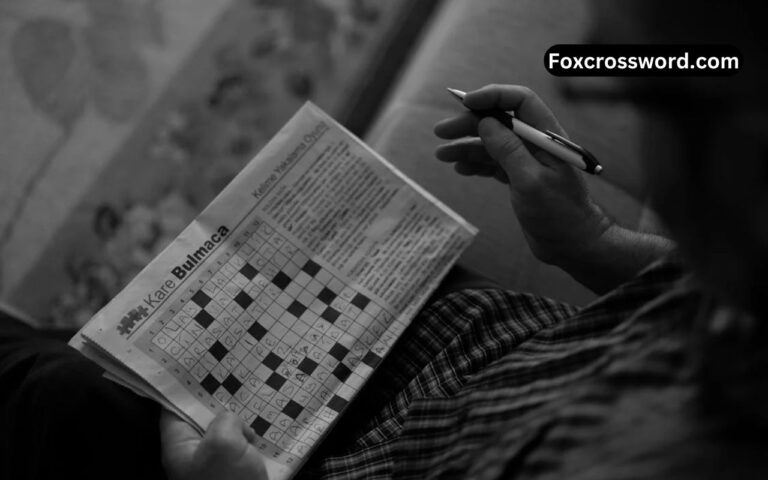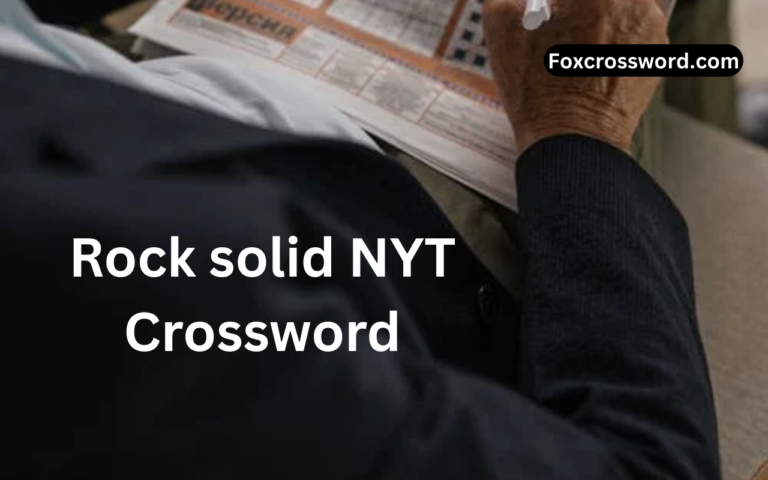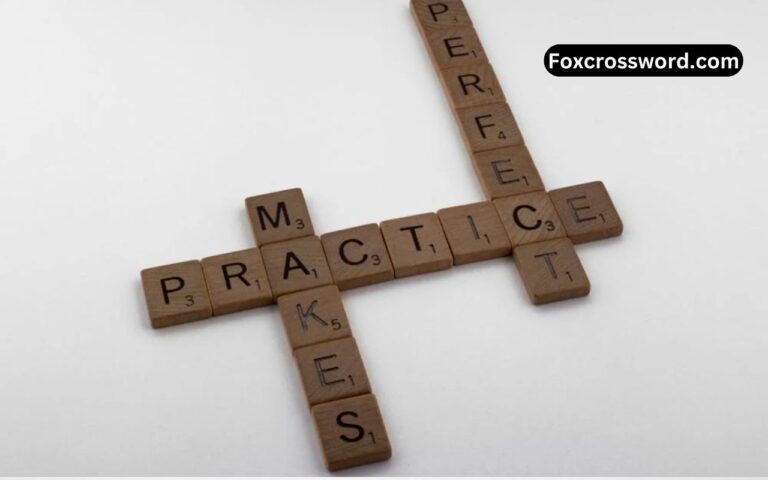Canine Handler? The Answer Might Surprise You!
Have you ever been stumped by a crossword clue that seems completely unrelated to the answer? If you’re a fan of The New York Times crossword, you’ve likely encountered clever and tricky clues designed to make you think outside the box. A recent clue—“Canine handler”—is a prime example. At first glance, you might picture a trainer, a dog walker, or perhaps even a police officer working with dogs. But here’s where the NYT crossword puzzle’s brilliance shines: the answer is “dentist.”
So, how on earth does a dentist fit as a “canine handler”? Let’s dive into the clever logic behind this answer and explore some fun facts that make solving crossword puzzles both a challenge and a delight.
Why “Dentist” is the Answer to “Canine Handler”
In crossword puzzles, clues are often meant to be a play on words, drawing on multiple meanings or interpretations. Here, “canine” doesn’t refer to the four-legged companion we might first imagine. Instead, it refers to a specific type of tooth—the canine tooth. Dentists, of course, work with teeth, making them literal handlers of “canines.”
This wordplay is a common theme in crossword puzzles, especially those in The New York Times, known for using double meanings and puns. A skilled crossword solver recognizes this style, and over time, it becomes second nature to look beyond the surface meaning of words.
Fun Facts About Canine Teeth
To understand why “dentist” is such a clever answer, it helps to know a bit about canine teeth. Also called cuspids, these teeth are the long, pointed ones in your mouth, located on either side of the incisors. Here are a few interesting facts about them:
- Functionality: Canine teeth are designed to help tear food, making them particularly useful for meat-eaters in the animal kingdom.
- Strength: They’re some of the strongest teeth in the human mouth, built for durability.
- Location: We have four canine teeth, two on the top and two on the bottom. Their prominent positioning helps create our distinct smiles!
How Wordplay and Double Meanings Make Crosswords Fun
The use of double meanings, puns, and plays on words is what makes crossword puzzles so engaging. Here’s a quick look at why they’re so appealing:
- Element of Surprise: Part of the fun of solving crosswords is that “aha!” moment when you finally figure out a clue. Clues like “Canine handler” keep puzzlers on their toes, offering that sense of surprise.
- Mental Exercise: Studies have shown that word puzzles help keep the brain sharp, enhancing memory and cognitive skills.
- Creativity and Lateral Thinking: Puzzles challenge you to think in creative ways, forcing you to look beyond the obvious answer.
More Examples of Tricky Crossword Clues
“Canine handler” isn’t the only example of clever wordplay in crosswords. Here are a few similar types of clues to give you an idea of the fun and creativity behind the NYT crossword puzzle:
- “Cold shower?” – Answer: Rain
- This clue plays on the idea of “cold” and “shower,” with the answer being “rain,” which is a natural, cold shower from the sky.
- “Pet project?” – Answer: Album
- While you might think of a pet-related task, here “album” refers to a personal project that a musician or artist may pour their heart into.
- “Second hand?” – Answer: Watch
- This is a clever twist on the word “hand.” In this case, it doesn’t refer to a person but to the second hand on a clock or watch.
Tips for Tackling Tough Crossword Clues
If you’re intrigued by tricky clues like “Canine handler” and want to improve your crossword-solving skills, here are some tips:
- Think Beyond the Obvious: If the answer seems too straightforward, consider if there’s a secondary meaning or pun involved.
- Look for Wordplay Signals: Often, clues with question marks (like “Canine handler?”) indicate wordplay or puns.
- Break Down the Words: Analyze individual parts of the clue for hidden meanings. Here, breaking down “canine” led us from dogs to teeth.
- Use Crossword-Specific Resources: Apps and websites can help you learn popular crossword terms and themes, making it easier to solve similar clues in the future.
The Popularity of Crossword Puzzles: Why We Love the Challenge
Crossword puzzles have been a popular pastime for decades. They’re not just a game; they’re a mental workout. Solving crosswords taps into our love for language, challenging our vocabulary, logic, and wit. The puzzles range from accessible for beginners to fiendishly difficult, especially on days when the NYT puzzle creators throw in clever clues like “Canine handler.”
Wrapping Up
The answer “dentist” for the clue “Canine handler” is a perfect example of how wordplay can make crosswords engaging and fun. By bending meanings and adding a layer of wit, crosswords keep us guessing and make the solving process highly satisfying. So, next time you encounter a tricky clue in a crossword, don’t be afraid to think outside the box. And who knows? You might find yourself grinning just as much as a happy crossword solver who has successfully navigated yet another NYT puzzle.
